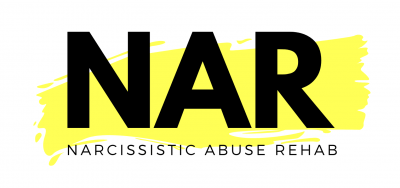REPRODUCTIVE COERCION is a kind of abuse in which one person or group controls another person’s right to reproductive freedom and self-determination. Perpetrators of reproductive coercion use manipulation tactics, from psycho-emotional abuse and rape to restricting access to healthcare.
Perpetrators may oscillate between covert and overt expressions of coercive control. They may also use intermittent reinforcement. For this reason, some people impacted by reproductive coercion may not immediately recognize the behavior as dysfunctional or abusive. Moreover, the perpetrator’s aggression may become normalized over time.
A common tactic of reproductive coercion is so-called stealthing, which is the non-consensual removal of a condom during sexual intercourse.
Reproductive coercion includes:
- Forced sexual intercourse without the use of contraceptives
- Stealthing, or the non-consensual removal of a prophylactic during sex
- Contraceptive sabotage
- Refusing to use a prophylactic though the woman requests it
- Lying about having had a vasectomy
- Forced continuation of a pregnancy
- Forced termination of a pregnancy
Is reproductive coercion illegal?
Many forms of reproductive coercion do not yet have status in the criminal justice system. However, in the UK stealthing is classified as rape and coercive control has been criminalized since 2015. However, these crimes are seldom prosecuted and convictions are rare due to a lack of evidence.
Forced termination of a pregnancy
Forced termination of a pregnancy, also known as coerced or forced abortion, is illegal in the United States.
Coerced abortion can look like:
- Pressuring a person to have an abortion against their will
- Restricting their access to healthcare providers
- Withholding relevant information
1 of 4 survivors of human sex trafficking have been subjected to forced termination of a pregnancy.
Resources are available at the Center Against Forced Abortions.
References
- Rosenfeld EA, Miller E, Zhao X, Sileanu FE, Mor MK, Borrero S. Male partner reproductive coercion among women veterans. Am J Obstet Gynecol. 2018 Feb;218(2):239.e1-239.e8. doi: 10.1016/j.ajog.2017.10.015. Epub 2017 Oct 19. PMID: 29056537; PMCID: PMC5807143.
- Harte, A, Stonehouse R (2022, March 14). Reproductive coercion: ‘I wasn’t allowed to take my pill’ BBC News. Retrieved on March 22, 2022.
- Lederer, Laura; Wetzel, Christopher A. (2014). “The health consequences of sex trafficking and their implications for identifying victims in healthcare facilities” (PDF). Annals Health. Retrieved March 22, 2022.
Confidential support is available 24/7/365 to anyone experiencing abuse.
In the USA call 1-800-799-7233 or log on to thehotline.org.
In the UK call 0808 2000 247 or log on to nationaldahelpline.org.uk.
NAR’s Journalistic Standards and Practices
About NAR • Report Typo or Error







1 Comment
Comments are closed.